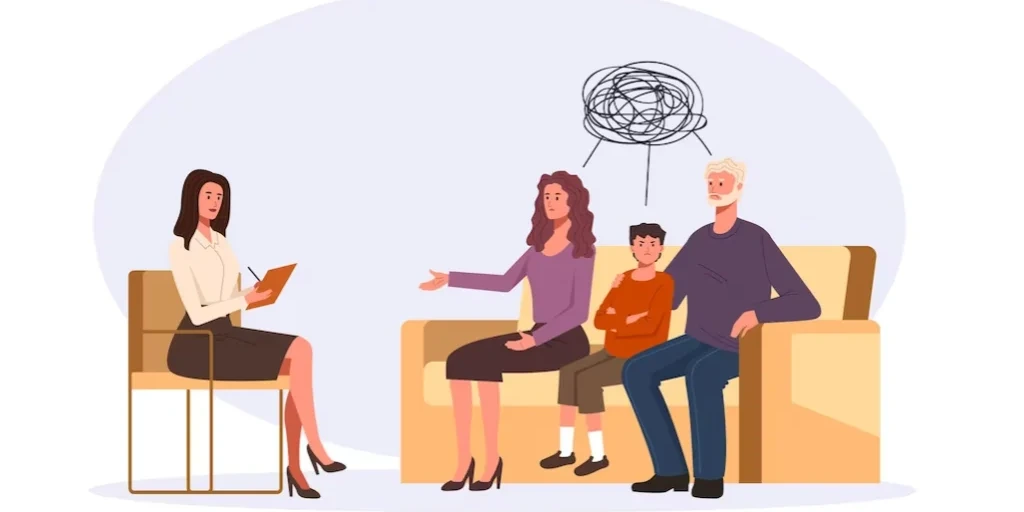24/7 Helpline:
(866) 899-111424/7 Helpline:
(866) 899-1114
Learn more about Intervention Services centers in Fayette County
Intervention Services in Other Counties

Other Insurance Options

AllWell

Access to Recovery (ATR) Voucher

Molina Healthcare

EmblemHealth

GEHA

UMR

Optima

Ceridian

CareFirst

UnitedHealth Group

Sutter

Aetna

Optum

Premera

MHNNet Behavioral Health

American Behavioral
Beacon

Providence

PHCS Network

Excellus

Georgia Addiction Treatment Center
Georgia Addiction Treatment Center (GATC) is a CARF-accredited drug and alcohol rehab located in Pea...

Grace Harbour
Grace Harbour is an outpatient mental health clinic that serves individuals from all ages in a holis...

Turning Point New Directions
Turning Point New Directions is a counseling clinic located in Tyrone, GA. Turning Point New Directi...

The Insight Program
The Insight Program is a private rehab located in Tyrone, Georgia. The Insight Program specializes i...

Pyramid Healthcare – Pine Ridge Manor Halfway House for Men
Pyramid Healthcare - Pine Ridge Manor Halfway House for Men is located in Tyrone, Pennsylvania. Pyra...




































































